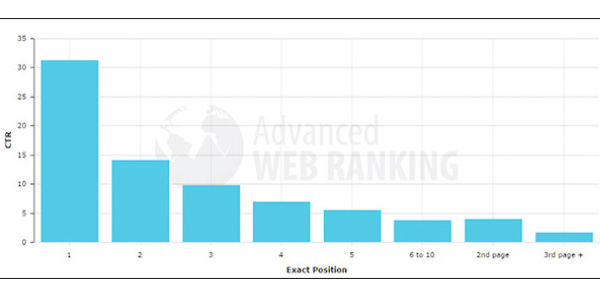
Can people find your business online? What if they don’t know your shop by name? If they’re looking for a body shop online, will they be able to find you?
They will if you have a number of things in place, such as having your website optimized well enough that search engines can clearly determine who you are, what you do and where you do it. They will if the dozens of directories out there have your business NAP (Name, Address, Phone) accurate and consistent across the board. This is about optimization of your Web presence, known as SEO (search engine optimization). I’ve written about this before, but things change quickly and it’s worth revisiting again…and likely again in the future.
What is SEO?
SEO is a term that encompasses all the methods employed to ensure that your website is visible to search engines. This entails “on-page” factors that include things behind the scenes you don’t see, such as “tags” associated with headings in your text, images and more. “On-page” also includes your text, images and video. Then there are “off-page” factors such as your social media efforts, directory listings and backlinks.
Backlinks
Backlinks are other Web pages linking to yours. In the past, it didn’t matter who linked to you; search engines just counted whatever sites linked to yours. That was abused by developers who contracted with shady outfits in different parts of the world to give websites thousands upon thousands of backlinks. Search engines identified this and then started blacklisting websites that employed this practice. With Google leading the way, as they always do, backlinks then needed to be related to what the website is all about. So, if fantasy football sites link to your body shop page, they’re disregarded. They must be related to what you do.
Related sites that could link to yours and be beneficial include partner towing companies, auto glass companies, parts suppliers, salvage operations, auto dealers, detail shops, vocational school and community college automotive programs, rental car partners, tire shops, muffler shops, brake shops, oil change shops, etc. And when they agree to link to you, you should return the favor and link back to them. A programmer who sets up these links will need to insert some code in these links to maximize their benefit. For example, if you have reciprocating links with an oil change shop in your community of Anywhere, Ill., they should include what’s called “anchor text” with keywords such as “auto body shop Anywhere, Ill.” You in turn would put anchor text such as “oil change shop Anywhere, Ill.”
True SEO Specialists
Web developers are a dime a dozen. In fact, you can create a free website on your own if you want. But if these websites don’t bring you cars to fix, you’ve wasted your time and money.
True SEO specialists are rare. They’ve taken the time to learn everything they can about the science and technology behind search engines such as Google, Yahoo and Bing. And they’ve made the commitment to keep up with the changes in search engine algorithms that happen hundreds of times per year. Search engines keep much of this behind a curtain. Their search technology is proprietary, and they don’t usually publish the changes that have been made. True SEO specialists keep their fingers on the pulse of what is going on and adjust accordingly day after day.
Why is this Important?
When you build a website, it’s more than simply having a presence online. You want to attract visitors. Therefore, you must build a site for both people and search engines.
In the past couple years, Google has been paying more and more attention to the user experience on your website. It must load quickly, be mobile friendly and get your message across on the top half of the home page. More than two-thirds of traffic on the Web comes from “organic” searches. Only about 6 percent comes from those sponsored links at the top of a search page. According to some recent data provided by “Advanced Web Ranking,” organic search positions 1-5 on page one of a search receive 67.6 percent of all clicks. Take a guess what positions 6-10 get…16.6 percent. Page two? Forget about it, you’re invisible.

Beware of the Scammers
You likely get the same calls and emails I do every day promising page one, position one or my favorite, “We’ll get you to the top of Google.” As I always say, no one can ethically promise you page one or position one, so dump those calls immediately and disregard those emails. Just today, I received the following email:
“We have conducted a meticulous SEO audit of your website and found that it can give you more return than it might be giving you at present. We would be happy to share our detailed SEO audit report so you have a clear picture of what can be done to make your website more search engine friendly and optimized.”
Even SEO specialists like us get these emails. Find a true expert, get more traffic to your site, fix more cars.
